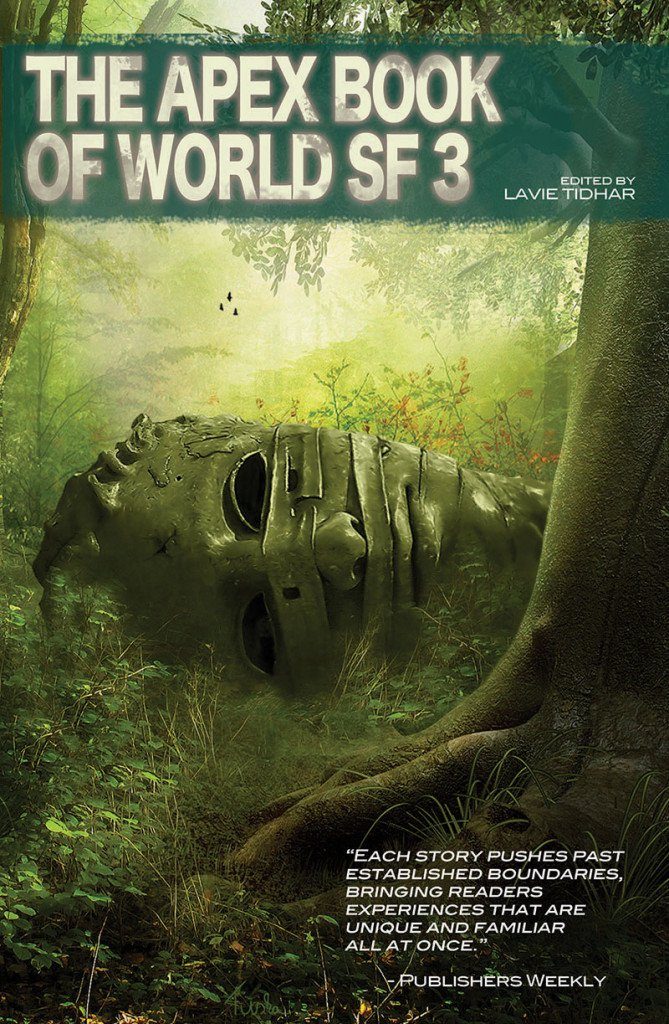Movie Review: Signale – Ein Weltraumabenteuer (Signals: A Space Adventure)(1970; dir. Gottfried Kolditz)

About Signale – Ein Weltraumabenteuer (1970): In the middle of the 21th century, a spaceship loses its bearings, and the commander of another space crew, seemingly on a routine check flight, decides to investigate. The first and most ambitious of two epic space operas that prolific East German genre director Gottfried Kolditz (1922-1982) made for the state-run DEFA film studios, SIGNALS was DEFA’s cheeky attempt to outdo Kubrick’s 2001: A SPACE ODYSSEY behind the Iron Curtain. The film used many of the same tricks: expansive, visually stunning shots of the cosmos … gorgeous Futurist space-design with ergonomic chairs, IBM lookalike computers, Mod mini-dresses and “STAR TREK” space uniforms … even a copycat free-floating in tunnel sequence with a wild electronic Perry-Kingsley type score. Featuring breathtaking 70mm cinematography, recently restored in 6K from the original camera negative by the University of Massachusetts Amherst / DEFA Film Library for its first-ever world Blu-ray release by Deaf Crocodile. The Blu-ray is available via Deaf Crocodile along with Koldtiz’s Im Straub der Sterne (In the Dust of the Stars). Note: The film was adapted from Carlos Radsch’s Asteroidenjäger (1961)!
Signal Boost #24: Ian Muneshwar and Zin E. Rocklyn

http://media.blubrry.com/skiffyandfanty/dts.podtrac.com/redirect.mp3/archive.org/download/SandFSignalBoost24IanMuneshwarAndZinE.Rocklyn/Sandf–SignalBoost24–IanMuneshwarAndZinE.Rocklyn.mp3Podcast: Play in new window | DownloadSubscribe: Apple Podcasts | Spotify | Android | iHeartRadio | Podchaser | Podcast Index | Email | TuneIn | Deezer | RSSThis is the final episode of our month of focusing on horror writers, and it has been so much fun that we’ll be sure to do it again next year! Each of our guests had different reasons for why they write horror and how they use the conventions of horror to explore themes that are important and interesting to them, so make sure you listen to all of them! In today’s episode of Signal Boost, Jen talks to Ian Muneshwar, a queer writer of Indo-Guyanese descent, about how he uses his work to explore his cultural history of forced diaspora, how he works with language in his stories, and how his queer identity influences his writing. Then Zin E. Rocklyn, a writer of Trinidadian descent, talks to Jen about the childhood stories (CW: Gore) that inspired her love of horror, how she juxtaposes the sacred and the profane, and how important it was to her to be included alongside other black women in the horror anthology Sycorax’s Daughters. We hope you enjoy the episode! Note: If you have iTunes and like this show, please give us a review on our iTunes page, or feel free to email us with your thoughts about the show! Here’s the episode (show notes are below):
Signal Boost #23: Eden Royce and Karolina Fedyk

http://media.blubrry.com/skiffyandfanty/dts.podtrac.com/redirect.mp3/archive.org/download/SandFSignalBoost23EdenRoyceAndKarolinaFedyk/Sandf–SignalBoost23–EdenRoyceAndKarolinaFedyk.mp3Podcast: Play in new window | DownloadSubscribe: Apple Podcasts | Spotify | Android | iHeartRadio | Podchaser | Podcast Index | Email | TuneIn | Deezer | RSSIn today’s episode of Signal Boost, Jen talks to Eden Royce, a southern black woman transplanted to jolly old England, about the differences between horror and the Southern Gothic, the influences of her rootwork and hoodoo cultural background, the challenges of getting published in horror given the kinds of stories she writes, and so much more. Then Karolina Fedyk, a non-binary Polish writer, talks to Jen about why they write horror, the importance of representing marginalized people in stories about Polish history, the challenges to writing in two different languages, and how their stories are different depending on which language they write in. We hope you enjoy the episode! Note: If you have iTunes and like this show, please give us a review on our iTunes page, or feel free to email us with your thoughts about the show! Here’s the episode (show notes are below):
Signal Boost #9: Sarah Dodd (Samovar) and Rod Faulkner (The 7th Matrix)

http://media.blubrry.com/skiffyandfanty/dts.podtrac.com/redirect.mp3/archive.org/download/SandFSignalBoost9SamovarAndThe7thMatrix/Sandf–SignalBoost9–SamovarAndThe7thMatrix.mp3Podcast: Play in new window | DownloadSubscribe: Apple Podcasts | Spotify | Android | iHeartRadio | Podchaser | Podcast Index | Email | TuneIn | Deezer | RSSIn today’s episode of Signal Boost, Sarah Dodd, co-editor of Samovar Magazine, joins Jen to talk about what Samovar is, the challenge of finding non-English speculative fiction, and the importance of their collaborations in bringing a translated spec-fic magazine to life. Then Shaun is joined by Rod Faulkner, founder and editor of The 7th Matrix, to discuss speculative short films and web series, the democratization of film, including how important this is for marginalized voices, and some of his recommendations for short films. We hope you enjoy the episode! Note: If you have iTunes and like this show, please give us a review on our iTunes page, or feel free to email us with your thoughts about the show! Here’s the episode (show notes are below):
Monopoly and Appropriation

is there a support group for people who used to like the word “diversity” but now they want to burn it with fire — Sofia Samatar (@SofiaSamatar) September 3, 2014 While appropriation is a two-way street, it is not always equal. Filipinos, Singaporeans, and Indians, for example, have appropriated English as their own language, and yet we are still often complimented for our good English. The corollary to that is best summed up by this statement from Aliette de Bodard:
The World SF Blog — One Year Later

By the time this post goes up — at least in my part of the world — it will exactly be a year since the World SF Blog was retired. Its success, in my opinion, lies in the hands of the editor-in-chief of the site, Lavie Tidhar, and the efforts of the various contributors (the list would be too long…) from around the world. The Apex Book of World SF 3 has also been announced, so June is a special month for me (and because I had nothing to do with the anthology, I can read it with surprise and delight). Before I digress, I want to point out that the more I pondered the issue of World SF, the more I discovered how the term was problematic (which Is discussed in my essay “World SF: Our Possible Future”). Here’s the thing: no one owns or speaks for World SF. It’s too broad, too all encompassing, and it’s often defined by what it isn’t. It’s a reaction to the current status quo, of major publishers publishing books by US and UK authors, and those books becoming the canon in various parts of the world. It’s to rebel against cultural appropriation, to combat cultural stereotypes, and most of all, to not do a disservice to readers of various races, ethnicities, and backgrounds.

